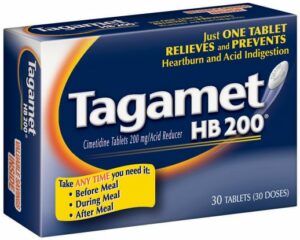Abstract:
We have studied two reducing-dose regimens intended to minimize toxicity of cyclosporin A (CyA) while maintaining its capacity to control atopic eczema following induction of remission. Twenty-four patients with severe chronic atopic eczema were first treated in a double-blind randomized placebo-controlled cross-over study of CyA (5 mg/kg/day). All 19 who completed the study showed the expected highly significant improvements, compared with placebo, in area involved, erythema, excoriation, lichenification, itch and requirement for topical steroid. In 17 of the 19 patients, control was re-established with CyA 5 mg/kg/day, and they were then re-randomized to stepwise reduction at 2-week intervals in either (i) the dose of CyA given daily, or (ii) the frequency with which the 5 mg/kg dose was given. Fifteen patients (seven continuous reducing dose, eight intermittent fixed dose) completed the planned reduction to either 1 mg/kg/day or 5 mg/kg every fifth day. In both groups the response was sustained despite dose reduction, although control was less good at a continuous dose of 1 mg/kg. Intermittent treatment was as good as or better than continuous reducing dosage in this study, and in both groups there was further deterioration after the drug was stopped. The findings suggest that the dose of CyA required to control atopic eczema is less than that required to achieve remission, and that the therapeutic index can be further improved by alternative dosing strategies. This offers a new approach to maintenance treatment of eczema and other chronic refractory dermatoses.
Author:
Munro CS; Levell NJ; Shuster S; Friedmann PS
Source:
Cornea, 1993 Sep, 12:5, 413-9
Address:
University Department of Dermatology, Royal Victoria Infirmary, Newcastle upon Tyne, U.K.
Language:
English
Unique Identifier:
94198186





